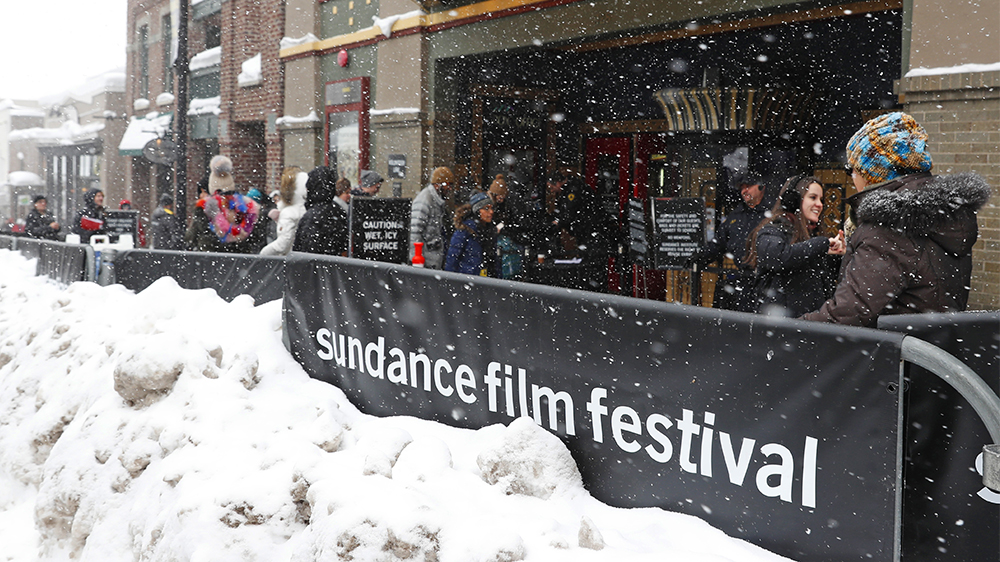Rotten Tomatoes Donates $25K to Sundance Inclusion Initiative for Underrepresented Film Critics
By Matt Donnelly
LOS ANGELES (Variety.com) – Rotten Tomatoes, the web aggregator of movie reviews, has pledged $25,000 to the Sundance Institute Press Inclusion Initiative.
The initiative grants stipends to “assist with travel and lodging costs for more than 50 freelance critics and journalists” attending this year’s festival in Park City, Utah, said.
Established this year, the initiative was created to boost the visibility and voices of film critics from underrepresented communities, including women, people of color, LGBTQ people and differently-abled people. The festival also pledged that 20% of its top-level credentials would go to the same groups.
Rotten Tomatoes made the donation as part of larger grants program, which has a fund of $100,000 total to assist with other annual festivals.
The company is “proud to be supporting Sundance Institute’s efforts to ensure that a diverse and inclusive group of critics and journalists will have access to the films premiering at the 2019 Sundance Film Festival. We will be working closely with Sundance Institute to vet their newly credentialed critics for Tomatometer approval prior to the start of the festival,” said Rotten Tomatoes critic relations manager Jenny Jediny.
The donation is in line with a number of institutional changes made to embrace inclusion. In August, Rotten Tomatoes issued new critics criteria for its popular Tomatometer rating system, by emphasizing individual critics’ qualifications versus brand visibility for their respective publications. The Tomatometer has also expanded to consider podcasts and digital video review series with strong social followings for its total metric.
The company estimates that more than 350 new Tomatometer-approved critics have been added since the efforts began. The timing for the grants and the inclusive voices is fortuitous — Wednesday’s lineup announcement from Sundance revealed that 45 of the 112 features accepted were directed by one or more women, 40 were directed by a filmmaker of color, and 15 by people who identify as LGBTQIA.

